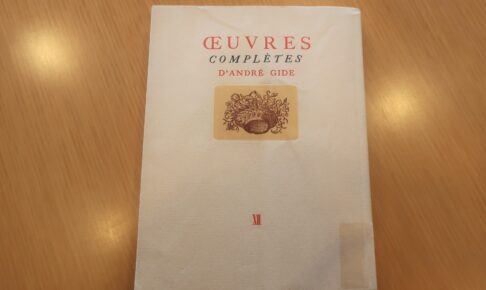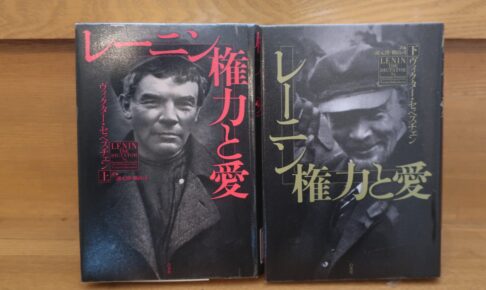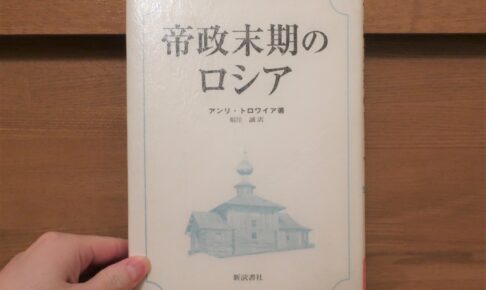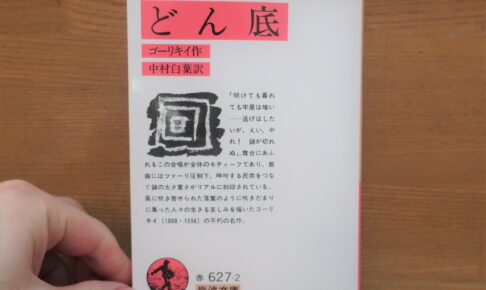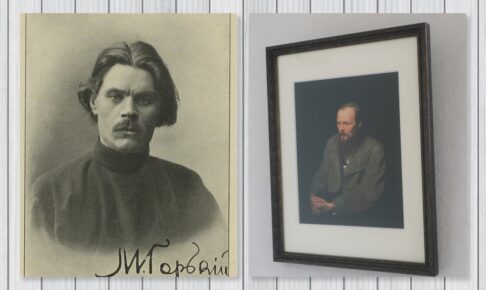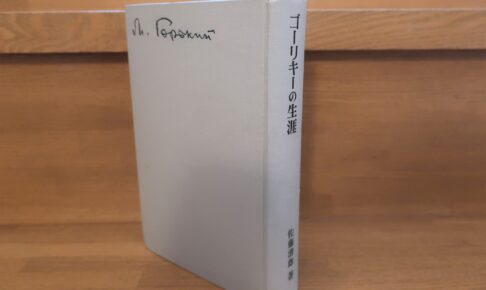Ziid's "Soviet Travels" - The moment when the French Nobel Prize-winning writer realized the reality of the Soviet Union, which he admired.
Ziid visited the Soviet Union, a country he had longed to visit, and had high hopes for how wonderful the country would be, but there he found out the reality of the situation. He wrote about his feelings in the book "Travels in Soviet Russia.
Ziid's "Travels in Soweto" was a very interesting book. This article will introduce some parts of it, but really there are many more parts that I would like to introduce! It is that interesting!
I urge everyone to pick up a copy for themselves. It is a very interesting book and I highly recommend it.
The content is also very closely related to Dostoevsky, so we highly recommend this work to Dostoevsky fans.











